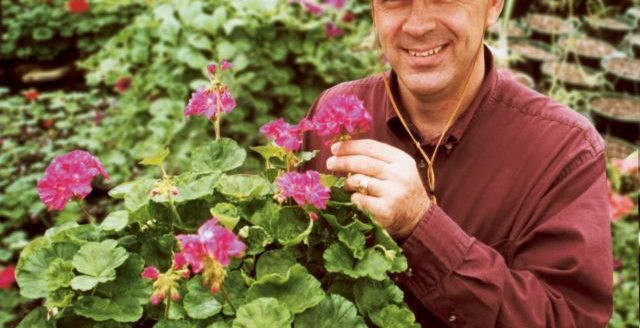K-State horticulture expert says gardening is good for mental wellness
After the holiday rush, it can be challenging to return to a “normal” routine. Having something to look forward to is important after visits with family and friends coming to an end and dreary weather continues.
Kansas State University horticulture expert Cynthia Domenghini said research has shown mental health benefits associated with gardening, including reduced levels of depression, anxiety and increased satisfaction with quality of life.
“Perhaps you have your own experiences with such benefits and that’s why you continue to garden,” Domenghini said. “Gardening can alleviate stress by providing food security. It is a source of physical activity and can serve as a social hobby.”
Each of these benefits supports why gardening is valuable for mental health, she said.
January is designated as Mental Wellness Awareness Month, and with alarming reports of the prevalence of mental health concerns in youth and adults alike, there is reason to bring attention to this campaign, Domenghini said.
“This may be the year to seek out someone you know who could benefit from time in the garden. Maybe they need a gardening mentor or space to grow a few veggies,” Domenghini said.
Or, she adds, perhaps you’re the one who could spend more time in the garden.
Donenghini encourages Kansans to check out the indoor gardening activities included in this week’s K-State horticulture newsletter to start gardening and reap the wellness rewards. Some ideas include:
- Forcing paperwhites.
- Starting onions indoors.
- Starting garden transplants.
“Here’s to a year of improved well-being through gardening,” Domenghini said.
Domenghini and her colleagues in K-State’s Department of Horticulture and Natural Resources produce a weekly Horticulture Newsletter with tips for maintaining home landscapes and gardens. The newsletter is available to view online or can be delivered by email each week.
Interested persons can also send their garden and yard-related questions to Domenghini at [email protected], or contact your local K-State Research and Extension office.



